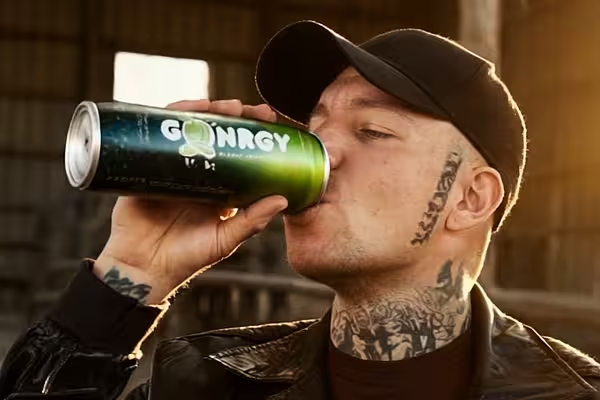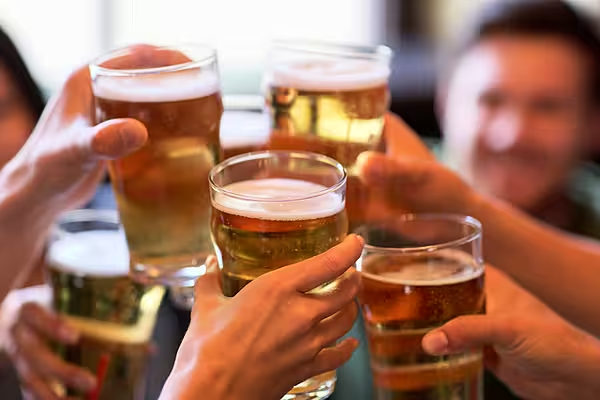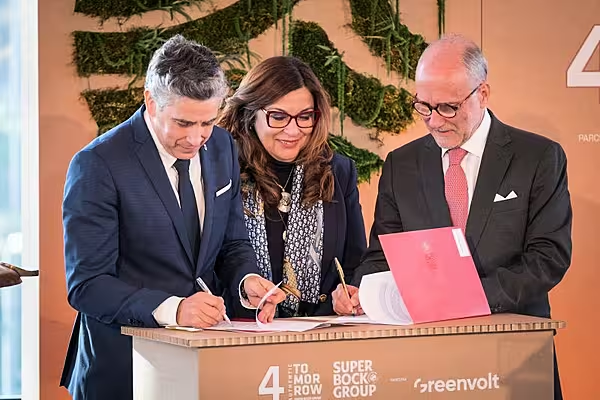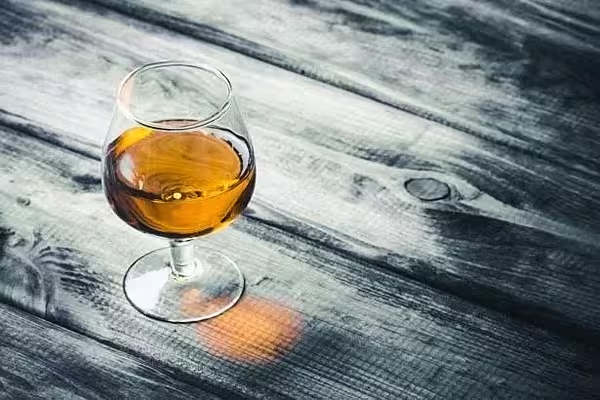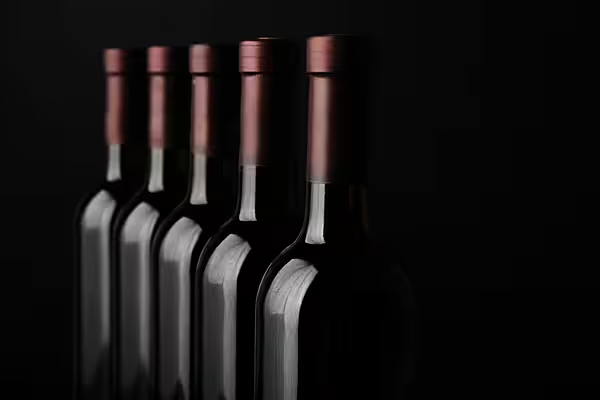A prize-winning Colombian rum sold from Shanghai to London will finally become available in its home country under a proposal to overhaul a system of local liquor monopolies that fund regional governments.
Dictador Rum, produced in Cartagena on Colombia’s Caribbean coast, cannot legally be retailed in 98 per cent of the country, while imported liquors such as Diageo’s Zacapa rum and Pernod Ricard’s Chivas Regal Scotch Whisky are available everywhere. The government’s National Development Plan, presented to Congress 6 February, seeks to put local spirits and imports on a more equal footing.
Regional governments in Colombia often own their own distilleries making rum and an aniseed-flavoured spirit called aguardiente, and control the sale of strong liquors in their territory. Colombia wants to move toward a system where regulations and so-called “sin taxes” affect all producers equally, said Simon Gaviria, head of the National Planning Department.
“What Colombia wants is to end discrimination in the liquor market,” Gaviria said in an interview in Bogota on Tuesday. “This would end the discretion for a governor to say that this whisky can come in, but this aguardiente cannot.”
Colombia’s “archaic” laws mean that most local rum is poor quality compared to that of other nations in the Caribbean, from where the world’s best rums traditionally come, said Hernan Parra, president of the Dictador distillery.
“Colombia has one of the largest Caribbean coasts but the worst rum offering,” Parra said in an interview in Cartagena, swirling a glass of his 20-year old. “No one will invest here with all the monopoly issues.”
As a result, Dictador, which won a Double Gold Medal at the 2012 San Francisco World Spirits Competition, sells less than 1 per cent of its 1.1 million bottle annual sales to Colombians, according to Parra, while its biggest markets are China, Russia and France.
The regional monopolies contribute to the large volume of illegal liquor sales in Colombia, according to Lourdes Chavarria, Consultant Manager with market researchers Euromonitor International.
Counterfeiting is an even bigger problem, Chavarria said, with underground booze factories mixing cheap ethanol and flavourings and passing it off as well-known brands. Illegal alcoholic beverages accounted for almost a quarter of the total market volume in 2013, costing the government $555 million in lost taxes, according to a November report by the research company.
Bloomberg News, edited by ESM

